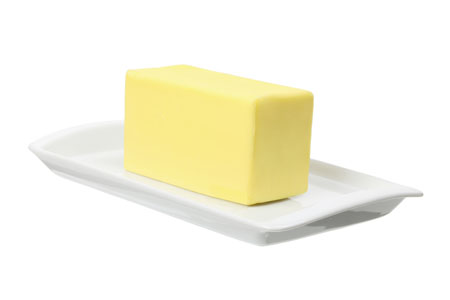Marijuana May Speed Cortical Loss in Boys at Risk for Schizophrenia
In boys, a decrease in the thickness of the cortex is a part of normal maturation. However, according to a recent study, this process is sped up in boys at high risk for schizophrenia when they use marijuana before the age of 16.
Early use of marijuana has been linked to subsequent development of schizophrenia. Schizophrenia begins about 5 years earlier in males than in females, and the male brain goes through more structural changes during adolescence.
A 2015 article by Tomáš Paus in the journal JAMA Psychiatry incorporated data from three studies, which took place in parts of Canada and England and eight European cities. The studies all included magnetic resonance imaging (MRI) scans of the participants, a measure of their genetic risk of developing schizophrenia, and questions about their past marijuana use. In boys at high risk for schizophrenia based on their genetic profile, cortical thickness dropped more among the ones who used high amounts of marijuana before the age of 16 compared to those who did not.
Paus hypothesizes that the development of schizophrenia is a “two-hit process.” People who develop schizophrenia may have an early risk factor, such as their genetic profile or a problem that occurs in utero, and a later stressor such as drug use in adolescence.
Omega-3 Fatty Acids Improve Attention in Boys
A new study finds that omega-3 fatty acid supplementation improves attention in boys both with and without attention deficit hyperactivity disorder (ADHD). The study by Dienke J. Bos and colleagues in the journal Neuropsychopharmacology included 40 boys (aged 8–14) with ADHD and 39 demographically matched controls. Participants were given 10 g per day of margarine supplemented with either omega-3 fatty acids (eicosapentaenoic acid (EPA) and docosahexaenoic acid (DHA)) or placebo.
The children who received EPA/DHA supplementation showed improvements in attention (as rated by parents) compared to those who received placebo. Improvement was greater in the children with ADHD. Supplementation did not affect cognitive control or brain activity on functional magnetic resonance imaging (fMRI). Those boys who received omega-3s showed higher DHA levels on followup.



